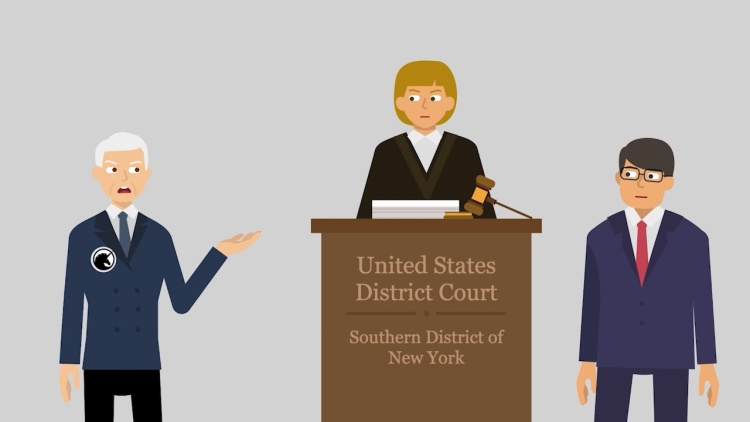Banque Worms v. BankAmerica International
New York Court of Appeals
570 N.E.2d 189, 77 N.Y.2d 362 (1991)

- Written by Josh Lee, JD
Facts
Spedley Securities (Spedley) maintained a bank account with Security Pacific International Bank (Security) (plaintiff). Spedley instructed Security to wire $1,974,267.97 to the account of Banque Worms (defendant) at BankAmerica International (BankAmerica) (defendant). Within a few hours and prior to the funds being electronically transferred, Spedley instructed Security to stop payment on the transfer to Banque Worms and to wire the same amount to National Westminster Bank USA. Security mistakenly honored the first request and transferred the funds to Banque Worms. Security also honored the second request and wired the same amount to National Westminster Bank USA. Spedley’s account was debited for both wires, but the account did not have sufficient funds to cover the second wire. Spedley was forced into an involuntary liquidation, and Security sued BankAmerica and Banque Worms to recover the $1,974,267.97 that was mistakenly paid. BankAmerica settled, and the case proceeded against Banque Worms. The trial court ruled for Banque Worms, and Security appealed to the United States Court of Appeals for the Second Circuit. The Second Circuit certified a question to the New York Court of Appeals, inquiring whether New York law recognized the discharge for value rule.
Rule of Law
Issue
Holding and Reasoning (Alexander, J.)
What to do next…
Here's why 907,000 law students have relied on our case briefs:
- Written by law professors and practitioners, not other law students. 47,100 briefs, keyed to 996 casebooks. Top-notch customer support.
- The right amount of information, includes the facts, issues, rule of law, holding and reasoning, and any concurrences and dissents.
- Access in your classes, works on your mobile and tablet. Massive library of related video lessons and high quality multiple-choice questions.
- Easy to use, uniform format for every case brief. Written in plain English, not in legalese. Our briefs summarize and simplify; they don’t just repeat the court’s language.





